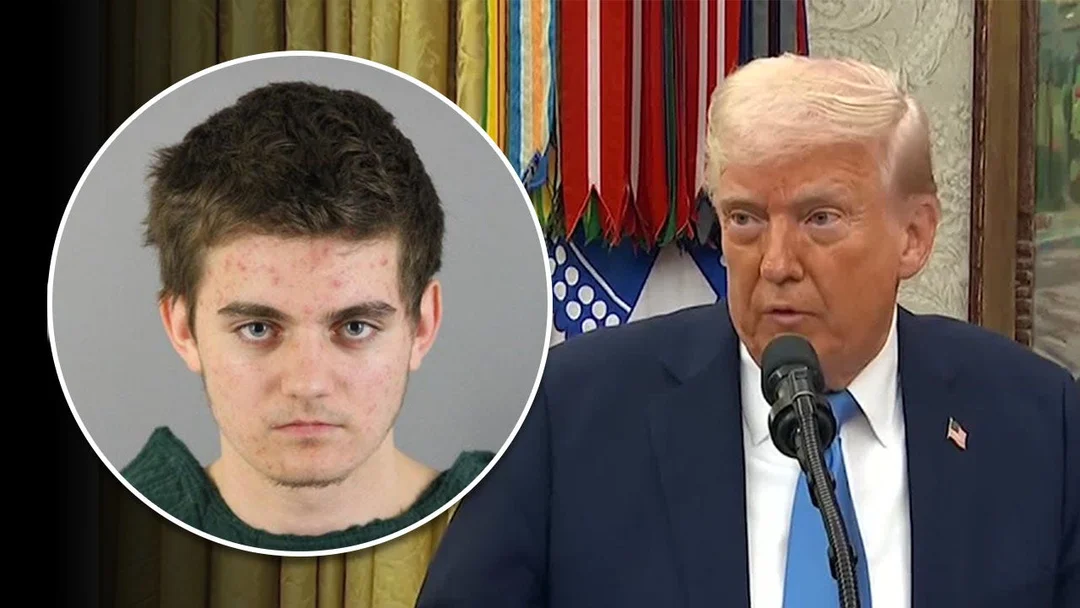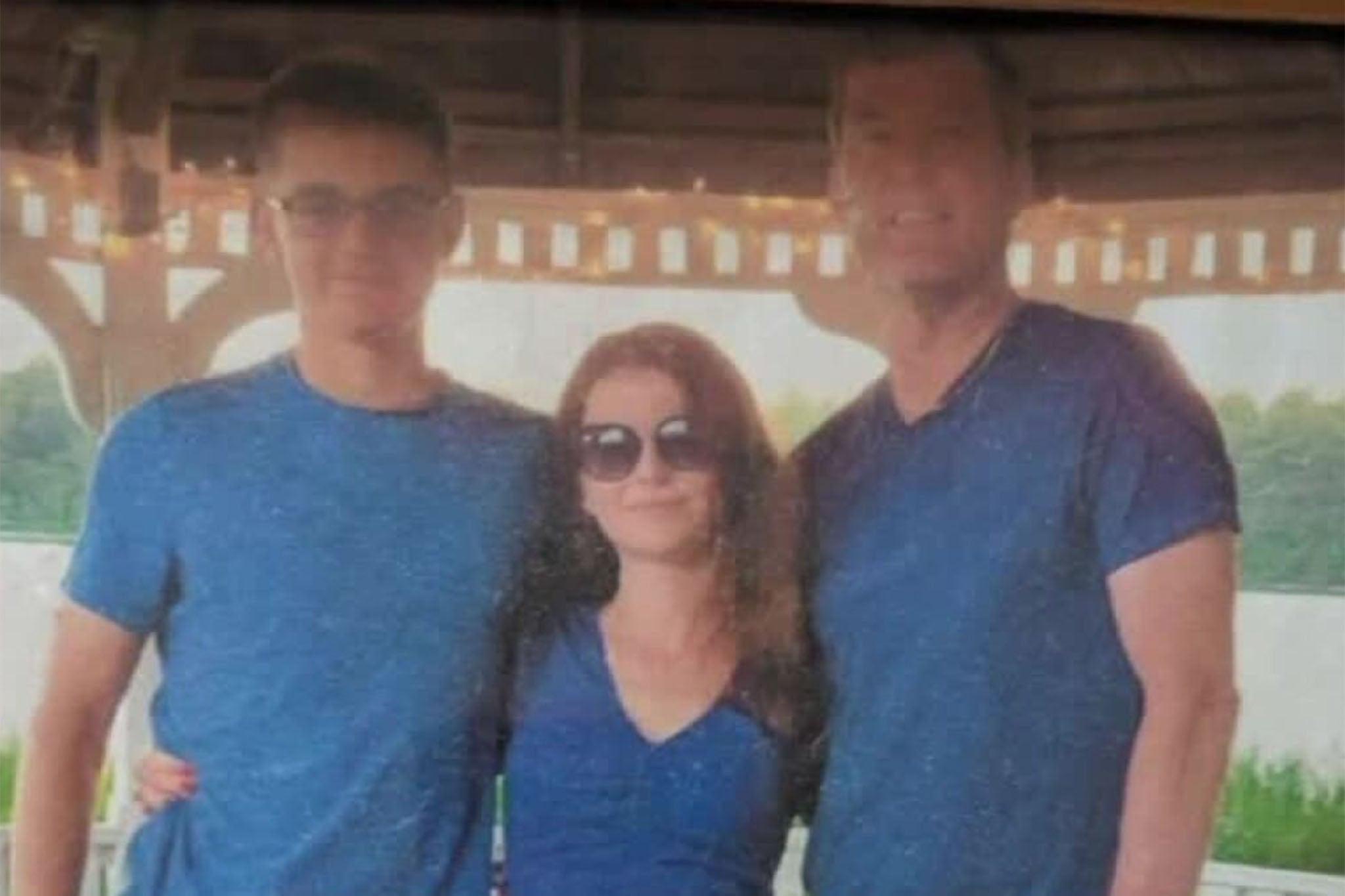
Wisconsin Teen’s Deadly Plot: Parents Murdered in Extremist Conspiracy to Assassinate Trump
In a chilling case that has stunned both law enforcement and the public, a 17-year-old Wisconsin teen, Nikita Casap, is accused of murdering his mother and stepfather as part of an elaborate extremist plot to assassinate former President Donald Trump and spark a violent revolution. Federal authorities, referencing court documents, say the case exposes not only a deeply troubling family tragedy but also a window into an underground world of neo-Nazi radicalization and domestic terror threats.

According to court records unsealed in Waukesha County and statements from the FBI, Casap murdered his mother, Tatiana Casap, and stepfather, Donald Mayer, in their Waukesha home on February 11. The grisly discovery was made March 1 by sheriff’s deputies after the teen fled the state, allegedly with $14,000 in cash to fund further plans. Casap now faces nine charges, including intentional homicide, hiding a corpse, and identity theft, and is held on a $1 million bond.
Investigators say Casap’s crime was fueled by allegiance to the Order of Nine Angles, a notorious neo-Nazi group described by the FBI as a “satanic cult” promoting extremist ideologies. In a manifesto found on Casap’s phone, he called not only for Trump’s assassination but also for bombings and attacks designed to “start a revolution to save the white race.” The documents contained images glorifying Adolf Hitler and bore the chilling words, “HAIL HITLER HAIL THE WHITE RACE HAIL VICTORY.”

Beyond radical writings, the teen’s actions were methodical: prosecutors allege Casap purchased drones and explosives intended as weapons of mass destruction, communicating with conspirators online—some reportedly in Russia and Ukraine—about both the plot and potential escape routes. “He was in touch with other parties about his plan to kill the President and overthrow the government of the United States,” an FBI affidavit stated. One classmate told investigators Casap described his home life as "perfectly happy," yet shared aspirations of befriending someone with a gun to carry out his deadly plan.

The case echoes growing concerns among law enforcement about the lure of extremist ideologies for disaffected youth. Casap’s interactions on encrypted platforms like Telegram and plans to flee overseas highlight the transnational threat posed by online radicalization. Waukesha County District Attorney Lesli Boese described the killings as a cold-blooded attempt to secure “financial means and autonomy” for political violence, noting, “Other parties appear to have been aware of and even assisted Casap in his plan.”
The investigation is ongoing, with federal conspiracy and terrorism charges potentially looming. As Casap awaits his next court appearance on May 7, the community is left grappling with both the scale of the planned violence and its unsettling roots in everyday American life. The episode raises critical questions: How vulnerable are young Americans to extremist manipulation—and what steps can families and communities take to detect the warning signs before tragedy strikes?
What are your thoughts on this harrowing case? Do you think online extremism is being addressed effectively? Share your perspectives below.